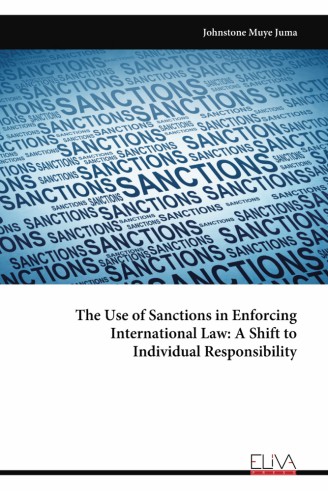Description
Economic sanctions have become a common feature of the international system. Since the end of the cold war, multilateral sanctions, both comprehensive and partial, have been imposed on several states and on several occasions. In many of these cases, the goal of the sanctions has been to improve human rights and foster democratization. However, rather than meet these goals in some instances it has led to severe impact and violations of human rights and has further, thrown such states into disarray, this is due to the fact that those in command aren’t the ones feeling the impact but rather the people who do not take part in decision making suffer. It is in this interest that it has become necessary to come up with alternative measures where while enforcing economic sanctions as a tool in enforcing international law then individuals who take part in decision making in the target state be the ones to be sanctioned. This book will focus on how collective economic sanctions have always proven futile in deterring the state subject to it from undertaking violations of international law. such recommendations are essential in ensuring efficiency at the same time reducing human rights violations.




